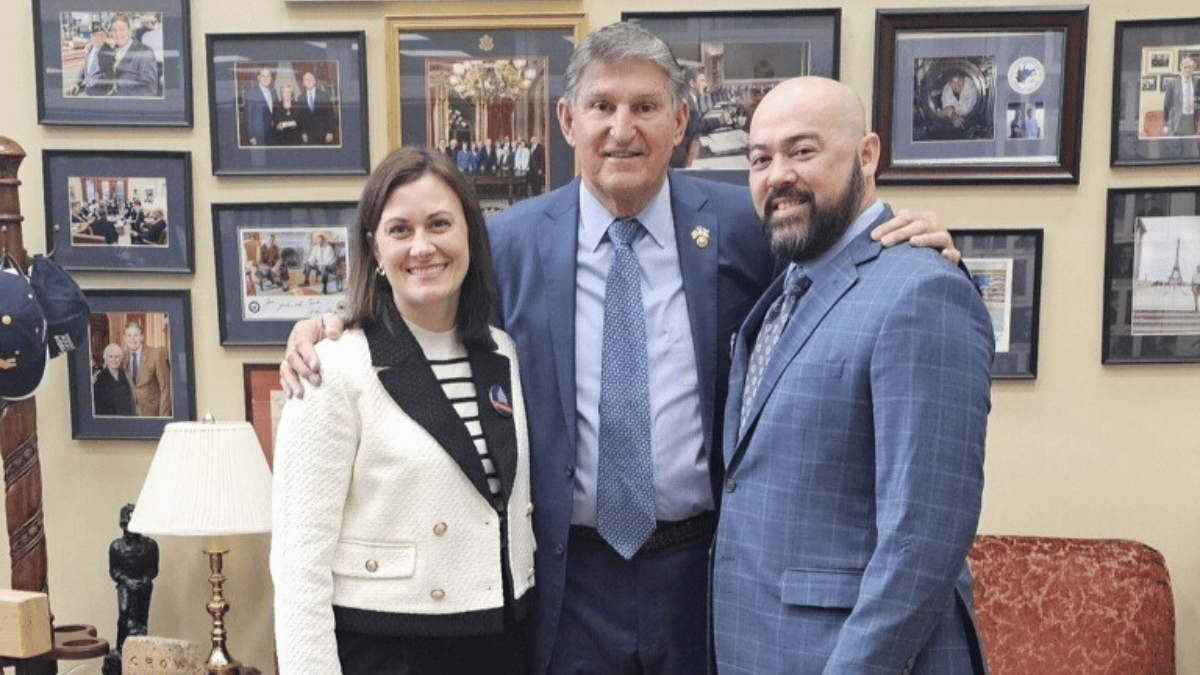Hundreds of educational leaders from across the country were in the nation’s capital Wednesday to advocate for more support to address the mental health and educator shortage crises. Principals and administrators urged Congress to prioritize educational spending in current budget negotiations as part of the National Conference on School Leadership.
John Conrad, principal of Westwood Middle School in Morgantown, and Wheeling Park High School Principal Meredith Dailer spent the morning meeting with the staff of West Virginia’s Congressional delegation.
Conrad said schools in West Virginia rely on a myriad of federal funds to function.
“People are very familiar with Title I, but also Title II and Title IV and IDEA state grants,” he said. “We’re just hoping that they at least keep the level of funding.”
Conrad said staffers don’t hear from educators and principals enough, and being able to make personal contact goes a long way. He was able to meet with Sen. Joe Manchin directly and urged him to support specific legislation to address mental health and staffing issues in schools.
“We talked a lot about educator shortages and the principal pipeline, and what we can do to get people into the profession, become an educator, and then stay in the profession,” he said. “We talked about the Loan Forgiveness for Educators Act, and how we can utilize that to attract people and to stay in the field of education.”
